Women play a crucial role in agriculture in Nigeria, accounting for a significant portion of the agricultural workforce and contributing to food production, household nutrition, and rural livelihoods. However, they often face numerous challenges and inequalities that limit their access to resources, markets, and decision-making opportunities.
This article highlights five actionable ways to support women farmers in Nigeria and promote gender equality and empowerment within the agricultural sector.
1. Providing Access to Land and Property Rights:
Access to land is essential for women farmers to engage in agricultural activities and generate income for their families. Governments and policymakers can support women’s land rights by enacting and enforcing laws that guarantee equal access to land ownership, tenure security, and inheritance rights.
This act will empower them to invest in sustainable farming practices, increase productivity, and improve food security and nutrition outcomes for their households and communities.
2. Investing in Agricultural Training and Extension Services:
Training and extension services play a crucial role in building the capacity of women farmers and equipping them with the knowledge and skills needed to adopt modern agricultural practices, improve productivity, and access markets. Governments, NGOs, and development agencies can invest in targeted training programs that address the specific needs and priorities of women farmers, covering topics such as crop production, post-harvest handling, marketing, and financial literacy.
3. Facilitating Access to Agricultural Inputs and Technologies:
Access to agricultural inputs such as seeds, fertilizers, tools, and technologies is essential for women farmers to increase productivity and improve their livelihoods. Governments, private sector actors, and civil society organizations can support women’s access to inputs by providing subsidies, credit facilities, and market linkages, as well as promoting gender-responsive agricultural research and innovation.
4. Promoting Women’s Participation in Leadership:
Women’s voices and perspectives are often underrepresented in agricultural decision-making processes at the household, community, and policy levels. To promote gender equality and empowerment, stakeholders can promote women’s participation in agricultural cooperatives, farmer groups, and community organizations, as well as support their engagement in local and national policy dialogues.
Amplifying women’s voices and in leadership roles will ensure that agricultural policies and programs are inclusive, responsive, and effective in addressing the needs and priorities of women farmers.
5. Addressing Gender-Based Constraints and Discrimination:
Gender-based constraints and discrimination, such as unequal access to resources, discriminatory cultural norms, and limited mobility and decision-making power, pose significant barriers to women’s participation and empowerment in agriculture. Governments, civil society organizations, and development partners can address these constraints through targeted interventions that challenge gender norms and stereotypes and promote women’s rights and agency.
In conclusion, supporting women farmers in Nigeria is a strategic imperative for achieving food security, poverty reduction, and sustainable development goals. This will help women farmers realize their full potential as agents of change and drivers of agricultural transformation in Nigeria.

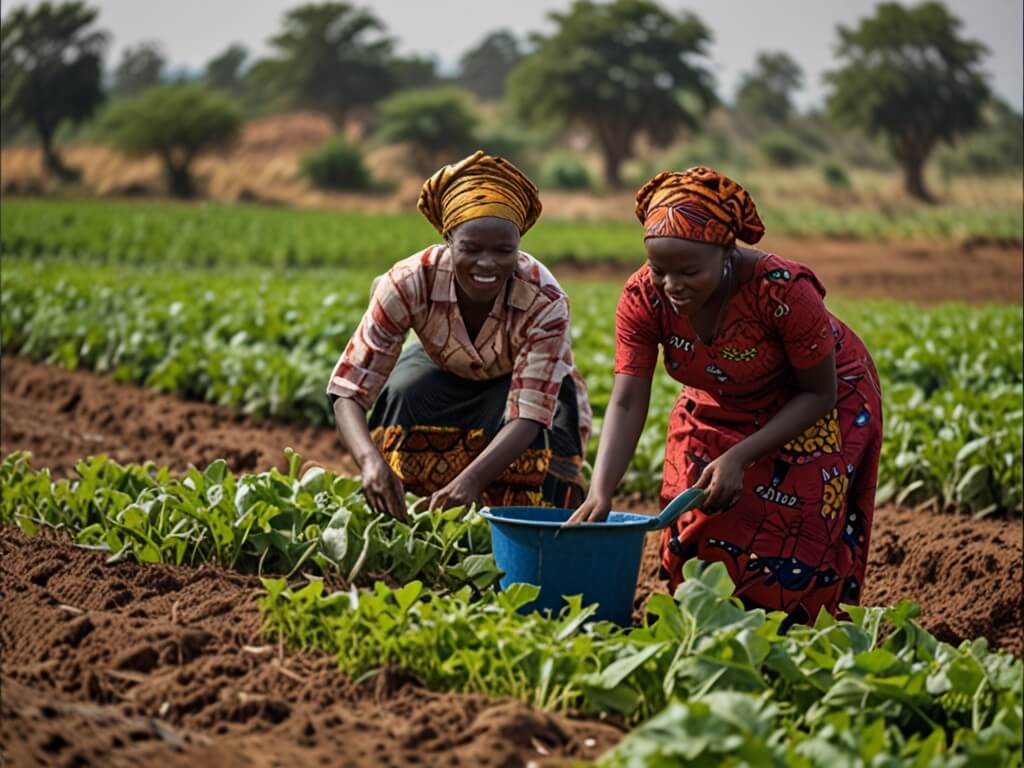
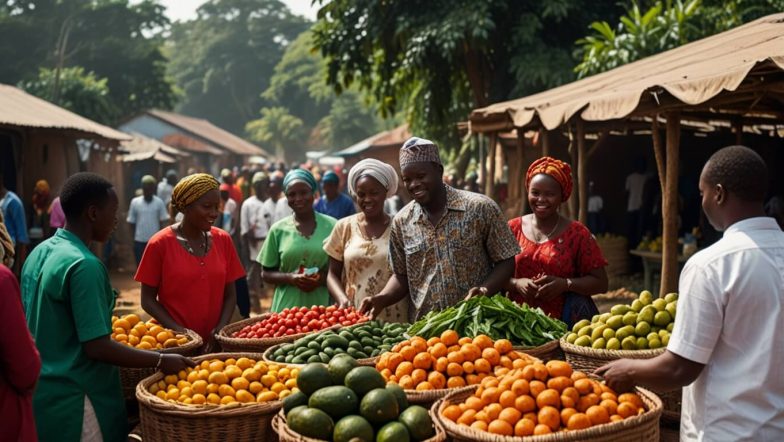
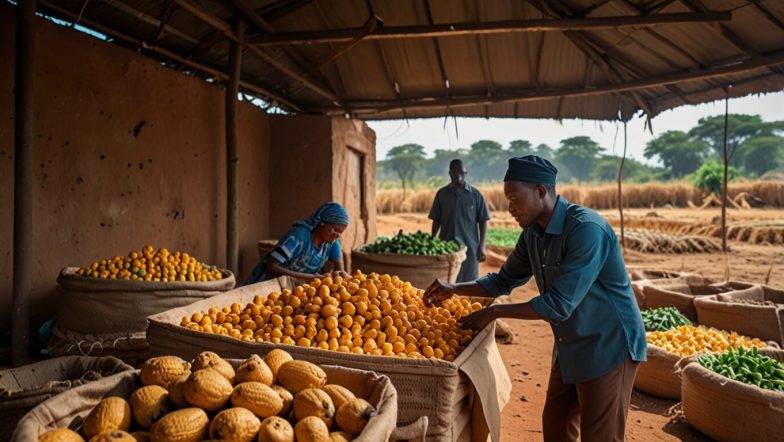
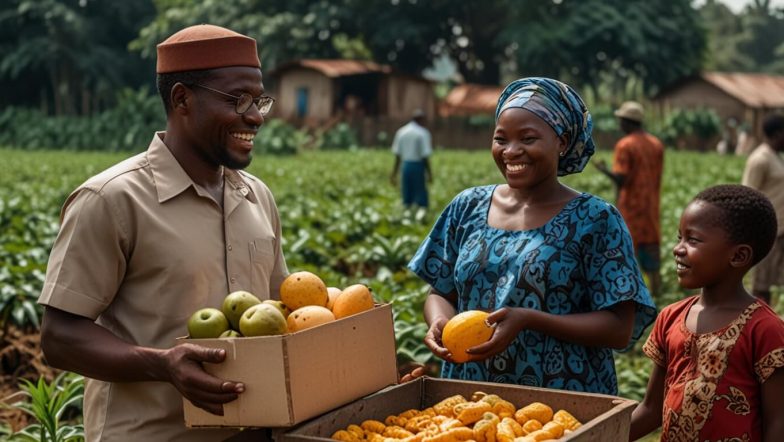

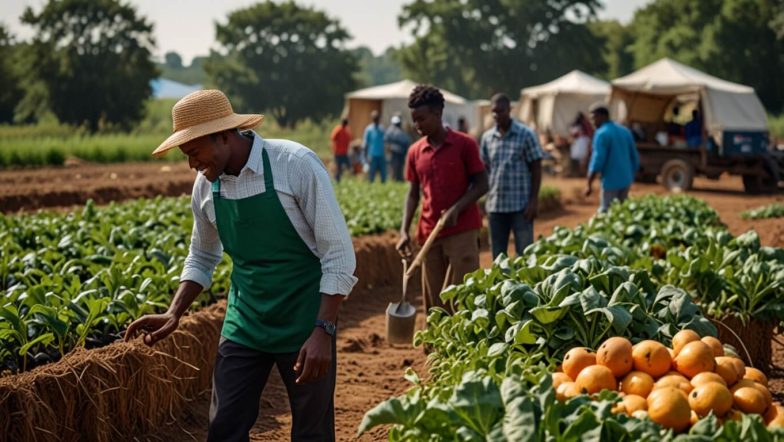
Leave a comment